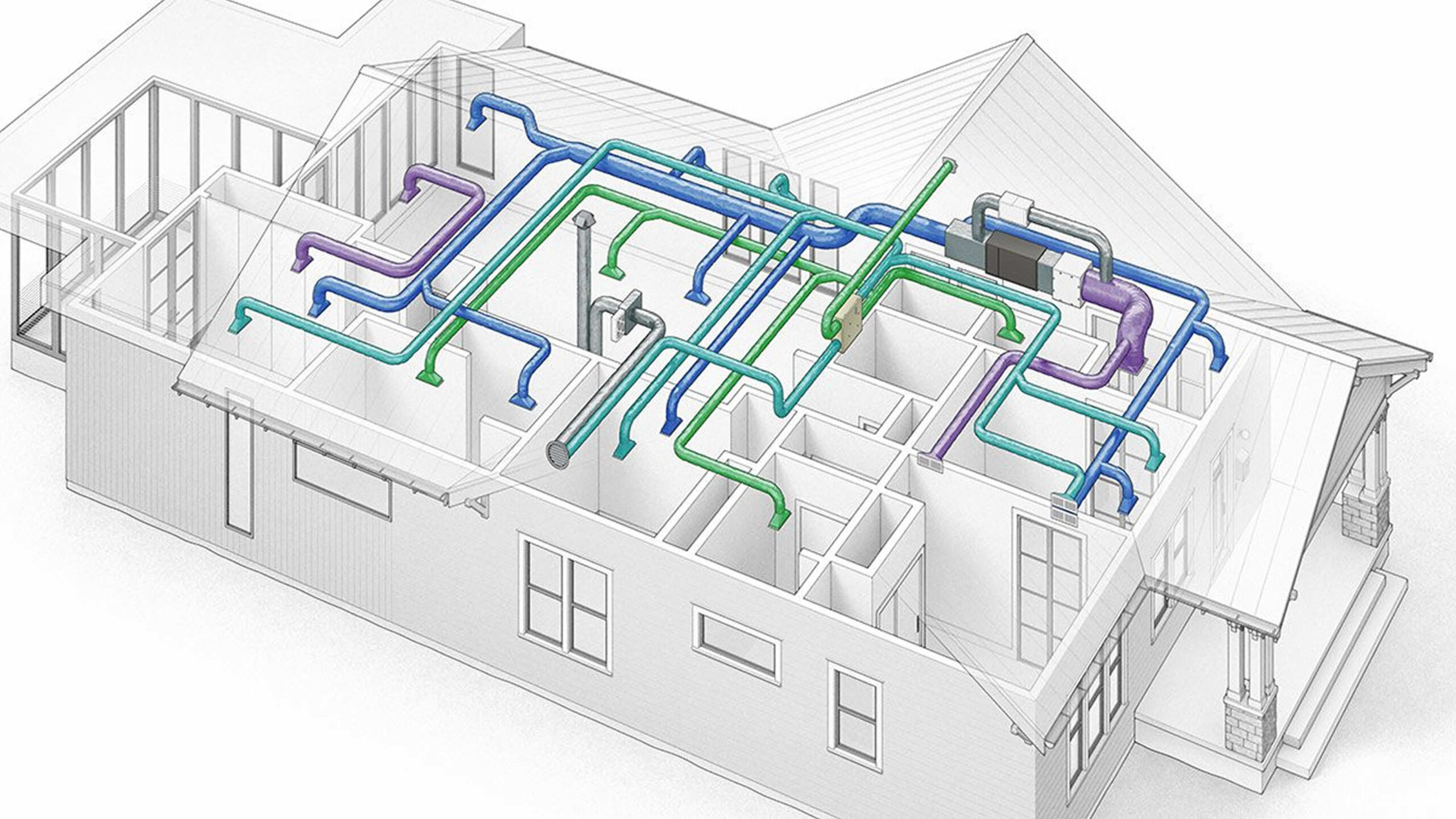As technology advances and environmental concerns grow, the air conditioning industry is evolving rapidly to meet the demands of modern consumers. Efficient cooling systems are no longer a luxury but a necessity, especially as energy costs rise and sustainability becomes a global priority. Innovative installation techniques now play a crucial role in maximizing the efficiency of air conditioning units, ensuring that homes and businesses stay cool without consuming excessive energy.
Traditional air conditioning methods, while effective, often fall short when it comes to long-term energy efficiency and environmental impact. With advancements in smart systems, ductless technology, and sustainable materials, the future of air conditioning is poised for a revolution. In this blog, we will explore how cutting-edge installation practices are setting new standards for efficiency, performance, and eco-friendliness in the HVAC industry.
The Importance of Efficient Installation
Efficient air conditioning starts with proper installation. As explained by Kyzar Air Conditioning, no matter how advanced or energy-efficient a system may be, poor installation can dramatically decrease its performance and longevity. Incorrect sizing, poorly designed ductwork, and improper insulation are just a few factors that can lead to higher energy consumption, uneven cooling, and more frequent maintenance issues.
When air conditioning units are installed with precision, the result is a system that runs optimally, using less energy to maintain desired indoor temperatures. Correct installation ensures that airflows properly through the unit and into the living space, minimizing strain on the system and reducing energy costs. For homeowners and businesses, this translates into immediate energy savings and lower long-term operational costs.
Smart Air Conditioning Systems
One of the most significant advancements in air conditioning technology is the integration of smart systems. These systems use IoT (Internet of Things) technology to provide real-time monitoring and control of air conditioning units. Homeowners can now manage their air conditioning remotely through mobile apps, allowing for precise adjustments to temperature and energy usage from anywhere.
Smart air conditioning systems not only provide convenience but also enhance energy efficiency. These units can learn user preferences and adapt cooling settings automatically to match the weather conditions and occupancy patterns in the home or building. By adjusting cooling output based on real-time data, smart systems reduce unnecessary energy consumption and help maintain a balanced indoor climate.
Ductless Systems and Zoning
Ductless air conditioning systems, also known as mini-splits, are becoming increasingly popular due to their high efficiency and flexibility. Traditional ductwork can result in significant energy losses, particularly when ducts are poorly sealed or designed. Ductless systems eliminate this issue by delivering cool air directly into individual rooms without the need for ducts, which improves overall efficiency.
In addition to ductless systems, zoning techniques are also gaining traction in the HVAC industry. Zoning allows homeowners to divide their home into different areas, or “zones,” each with its own independent temperature control. Instead of cooling an entire home, zoning systems direct air conditioning to the rooms or spaces that are in use. This targeted approach reduces energy waste and offers personalized comfort, allowing different rooms to be cooled or heated to the occupants’ preferences.
Sustainable Installation Materials and Techniques
As environmental awareness grows, the air conditioning industry is shifting toward more sustainable practices. Modern systems now incorporate eco-friendly materials, such as refrigerants with a lower global warming potential (GWP) and recyclable components that reduce waste. These materials not only contribute to a cleaner environment but also comply with stricter energy efficiency regulations.
Sustainable installation techniques are also on the rise. For example, solar-powered air conditioning systems offer a green alternative to traditional units by harnessing renewable energy from the sun. In addition, installers are now using advanced precision mounting methods to prevent air leaks and improve energy efficiency. By focusing on sustainable materials and installation methods, the HVAC industry is helping reduce the environmental footprint of air conditioning systems.
The Role of Maintenance in Long-Term Efficiency
Even the most advanced air conditioning systems require regular maintenance to operate at peak efficiency. Without proper care, systems can develop issues such as clogged filters, refrigerant leaks, or airflow restrictions, all of which reduce cooling capacity and increase energy consumption. By scheduling routine inspections and cleanings, homeowners can ensure that their air conditioning units continue to perform efficiently throughout their lifespan.
Maintenance should also include checking and replacing filters regularly, as dirty filters can restrict airflow and force the system to work harder. For ducted systems, cleaning the ductwork periodically can prevent dust buildup that might otherwise compromise the unit’s efficiency. Proper maintenance not only enhances system performance but also extends the life of the air conditioning unit, providing long-term energy savings and reliability.
Conclusion
The future of air conditioning is driven by innovative installation techniques that prioritize efficiency, performance, and sustainability. From smart systems that adapt to user needs to ductless and zoned installations that minimize energy waste, the HVAC industry is transforming to meet modern energy standards. Sustainable materials and precision installation methods further contribute to reduced environmental impact and long-term energy savings.
As homeowners and businesses increasingly look for ways to optimize their energy use, investing in advanced air conditioning installation practices is key to achieving both comfort and cost-effectiveness. The combination of cutting-edge technology, smart system integration, and sustainable practices makes air conditioning systems of the future more efficient and eco-friendly than ever before. By adopting these innovations, we can enjoy cooler spaces while contributing to a greener planet.


